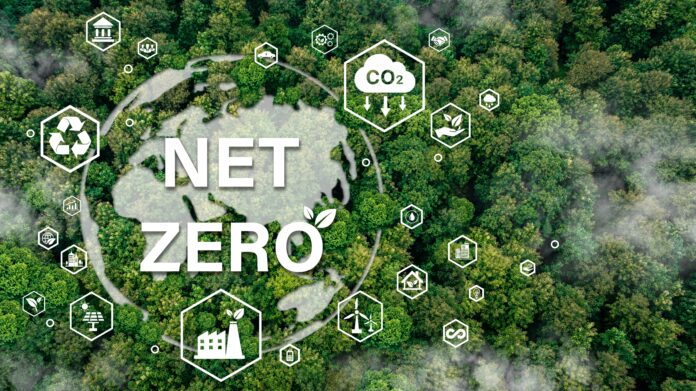A recent analysis by Moody’s Ratings has illuminated a critical shortfall in climate financing necessary for East Asian economies like the Philippines to achieve global net-zero emissions by 2050. Despite significant increases in investments post-Paris Agreement in 2015, the gap in funding remains alarmingly wide, particularly in emerging markets.
In 2024, projected spending on clean energy initiatives is nearing $2 trillion, targeting low-carbon power generation and infrastructure improvements. However, Moody’s warns that an annual investment gap for climate mitigation could balloon to approximately $2.4 trillion by 2030. This situation threatens not just regional economies but also global financial stability.
Adaptation funding, vital for communities grappling with the immediate effects of climate change, is even more dire. Currently estimated at just $72 billion, this falls far short of the required $400 billion per year. Collectively, these factors indicate a staggering climate investment gap of $2.7 trillion by 2030—equivalent to about 1.8 percent of global GDP, with East Asia’s vulnerable populations at the greatest risk.
The physical impacts of climate change pose significant credit risks for economies across the region, where the effects threaten livelihoods, infrastructure, and overall economic stability. Countries like the Philippines and Vietnam could see their entire GDP exposed to high typhoon risks by 2040, while Indonesia faces the peril of rising sea levels threatening small islands and vast economic interests.
The implications are profound, as inadequate investment hampers these nations’ abilities to transition to low-emission economies and fortify their infrastructures. This lack of funding risks creating a vicious cycle: weakened government credit ratings further deter investment, limiting financial resources for necessary adaptation and mitigation measures.
The International Monetary Fund (IMF) underscores the importance of early investment in climate strategies, highlighting that proactive measures can significantly reduce long-term economic and financial costs. Under a net-zero scenario, the global economy could save 2 percent of GDP annually by 2050. Yet, despite these potential benefits, the initial investments required to initiate this transition can pose significant political challenges, particularly in regions where the costs and benefits are unevenly distributed.
The situation, Moody’s analysts say, calls for urgent and decisive action from both public and private sectors to close the financing gap. Policymakers in East Asia must navigate the complexities of funding while ensuring that the investments made today can lead to a sustainable and resilient future. Without immediate increases in climate financing, the region risks exacerbating existing vulnerabilities, threatening economic stability, and ultimately, the health of the global economy.







